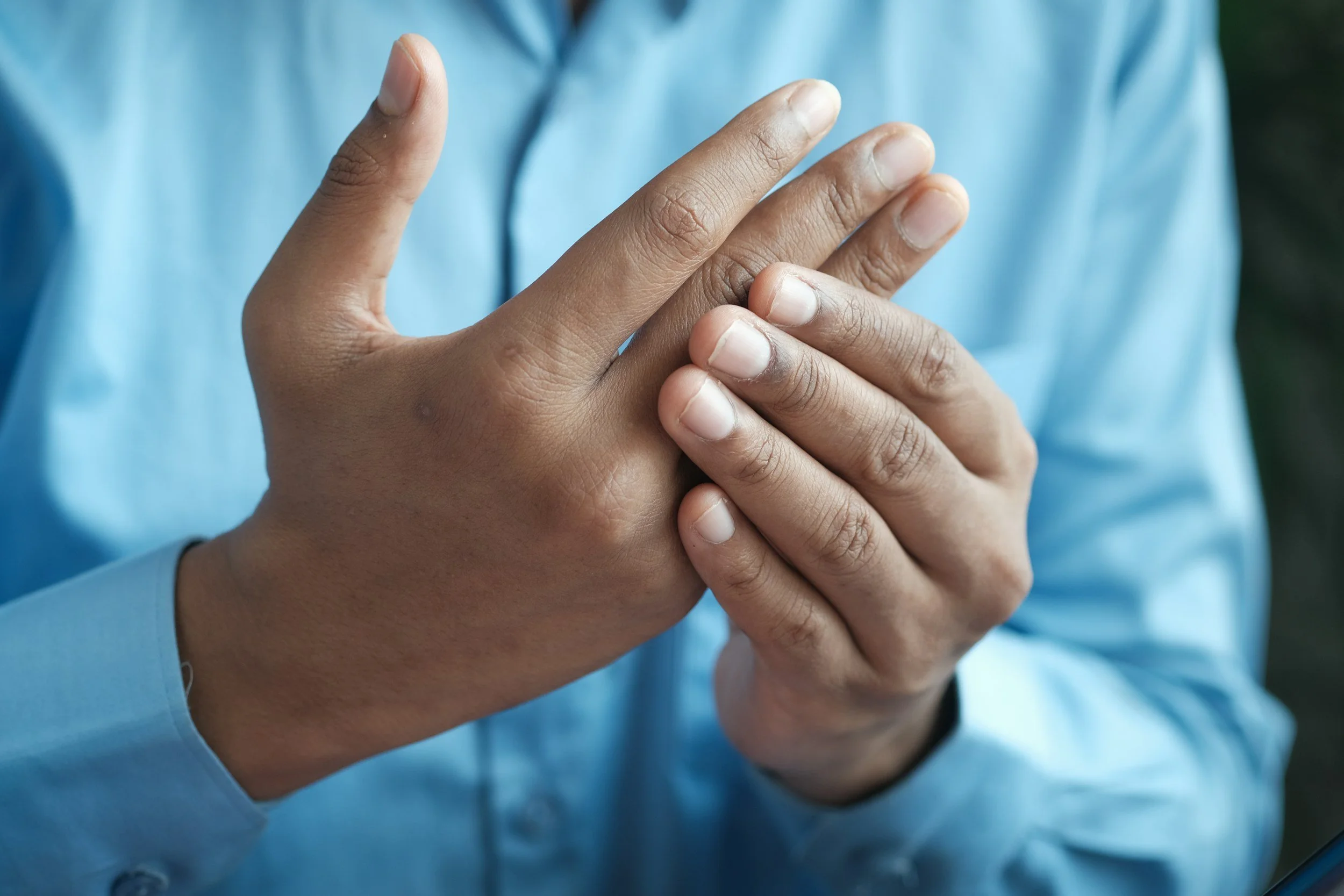Navigating the Intersection: Addressing Anxiety and Chronic Pain Simultaneously
Millions of people across the globe struggle with the effects of anxiety. Millions also deal with chronic pain every day, sometimes making it difficult to complete even the simplest of tasks or feel any kind of comfort.
The two might have a closer connection than you realize.
Having anxiety doesn’t automatically mean you’ll struggle with chronic pain, or vice versa. However, there can be an intersection if you’re dealing with pain and anxiety simultaneously. One can fuel the other, creating a sort of vicious cycle that might feel impossible to escape.
Let’s dig a little deeper into that intersection, why it can happen, and what you can do about it.
A Never-Ending Cycle
Anxiety manifests itself in a variety of ways. It also often shows up when you experience a trigger. For some people, that might be social settings. For others, it’s worrying about the “what ifs” of the future.
If you struggle with chronic pain, it can also be considered a trigger.
Trying to navigate and manage your pain on a regular basis can be anxiety-inducing. You might start to worry about what you’re going to do to feel better, when the pain might flare up again, or if it will ever go away. Again, these “what ifs” can wreak havoc on your mental state.
Unfortunately, the cycle doesn’t end there. Anxiety has been known to heighten the effects of pain. When you’re anxious, the pain you’re already experiencing can feel even worse, making it difficult to manage your physical or mental health. Even if you’re experiencing minor aches and pains, your anxiety can cause your perception of discomfort to be much worse.
The Brain Chemical Connection
Experiencing anxiety and chronic pain simultaneously actually has a lot to do with how your brain processes things. The neuropathways for pain and anxiety are very similar. When either of those pathways is disrupted, it can influence both issues.
For example, if your brain isn’t producing enough serotonin, it can cause you to be more anxious. But, because of these shared pathways, that lack of serotonin can also influence chronic pain.
Avoiding a Full Life
Another reason anxiety and chronic pain are often linked is the fear of certain activities that pain can cause. People dealing with near-constant pain might avoid certain activities that they think will exacerbate their discomfort.
Sometimes, that avoidance can become so extreme that it creates a fear of those activities. If you find that you’re always thinking about daily activities or experiences that could trigger your pain, you’re giving into the “what ifs” of anxiety once more.
What Can You Do?
If you’re dealing with anxiety and chronic pain at once, it’s important to address and treat them simultaneously, too. Therapy is often the best way to do that. It can help you identify negative thoughts, habits, and patterns that could be contributing to both pain and anxiety. A therapist can also help you determine if medications might make it easier for you to manage both pain and anxiety.
Additionally, you might benefit from certain lifestyle choices, such as prioritizing a healthy sleep schedule, exercising regularly (as you’re able), and using relaxation techniques to keep you grounded in the present. Things like mindfulness and meditation are great for reducing stress and allowing anxious thoughts to pass by.
It’s not impossible to break the cycle of anxiety and chronic pain. But, when you’re stuck in the middle of it, it can feel overwhelming to tackle on your own. Thankfully, you don’t have to. If you’re ready to start your healing journey and take control of your thoughts, reach out to me soon to set up a consultation.
To find out more about my services, click here: Anxiety Therapy
About the Author
Taylor Garff, M.Coun, LCPC, CMHC, LPC, is a licensed therapist with over 10 years of experience helping adults manage anxiety, overwhelm, and identity challenges. He is certified in HeartMath, Safe and Sound Protocol (SSP), and breathwork facilitation. Taylor is the founder of Inner Heart Therapy, where he provides online therapy across multiple states.
